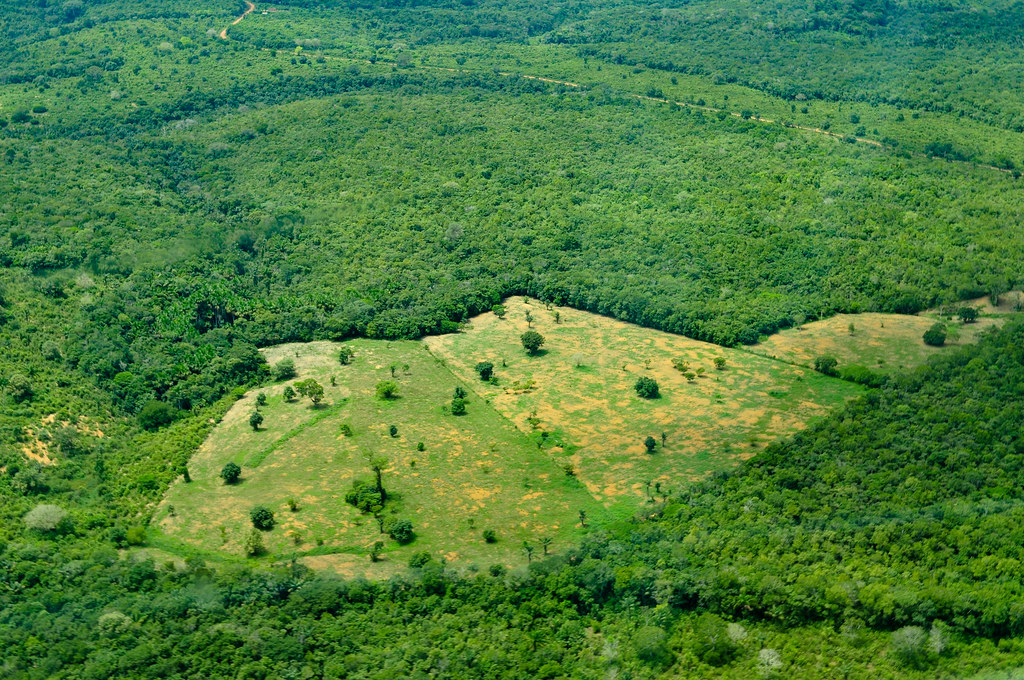The EU-Mercosur free trade agreement: A critical analysis and an alternative
All the versions of this article: [English] [Español]
TNI | 22 February 2022
The EU-Mercosur free trade agreement: A critical analysis and an alternative
by Nick Middeldorp, Tjalling Postma, Guus Geurts, Sara Murawski
The EU-Mercosur trade agreement leads to the destruction of nature, violation of land rights of farmers and Indigenous people and loss of industrial jobs in the Mercosur countries. Therefore, an alternative treaty to improve political cooperation between the EU and Mercosur countries while strengthening fair and sustainable international trade rules should be proposed.
Download the full publication here (pdf, 4.58 MB)
This publication deals with the consequences of the agreement for agriculture and livestock farming, climate and nature, Indigenous peoples and the economy and employment in the Mercosur countries.
The publication reveals that:
- The EU-Mercosur treaty stimulates the trade in products such as soy, meat and sugar, leading to deforestation, the destruction of nature and human rights violations
- Large farms in the Mercosur countries are causing widespread forced displacement of Indigenous communities
- The agreement will create more low-productivity jobs in sectors such as agriculture and mining, causing de-industrialization in the Mercosur countries
- European arable farmers and livestock farmers are exposed to unfair competition by the import products that are produced under (much) lower production standards
The Alternative Trade coalition is therefore proposing a new cooperation agreement and alternative trade measures, based on sustainable development of the Mercosur’s own industry, science and decent work.
For this publication, the authors (among others from Both ENDS, FNV and Platform ABC) interviewed various representatives from the Mercosur countries (Argentina, Brazil, Paraguay and Uruguay), including Indigenous leaders, scientists and representatives from civil society organizations and trade unions. This makes the publication more inclusive and unique.
This publication was originally published in Dutch in November 2021.






